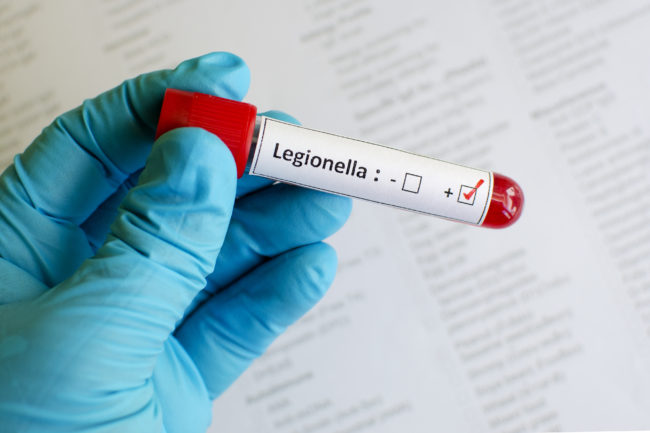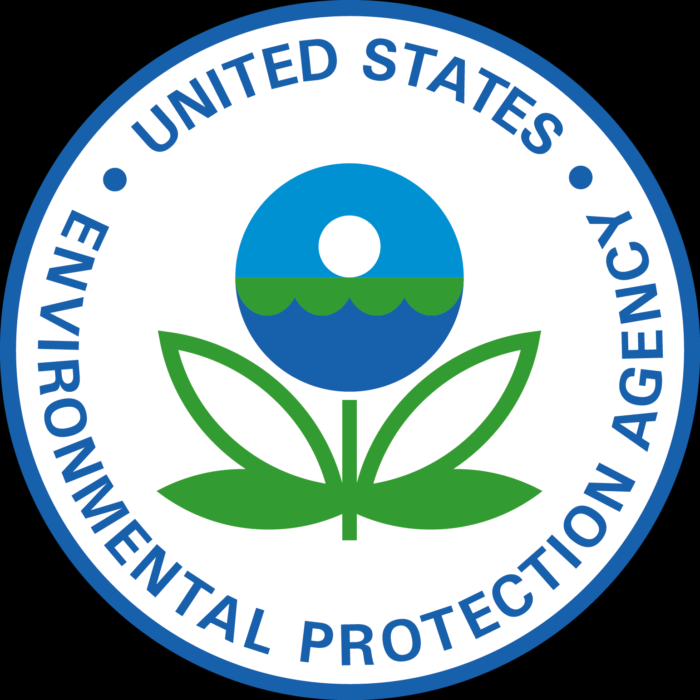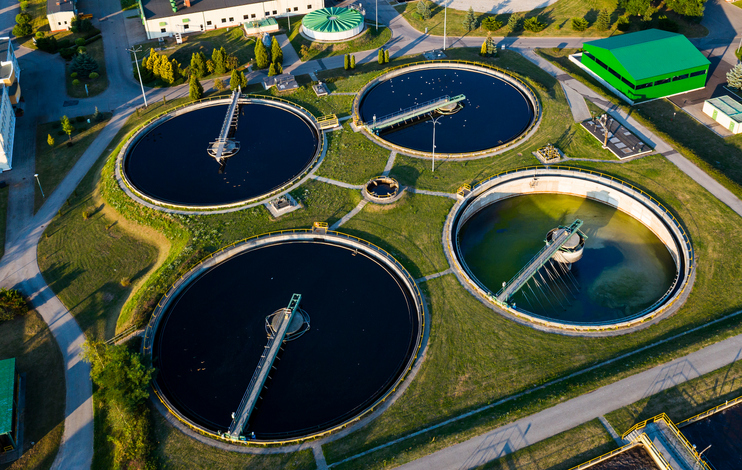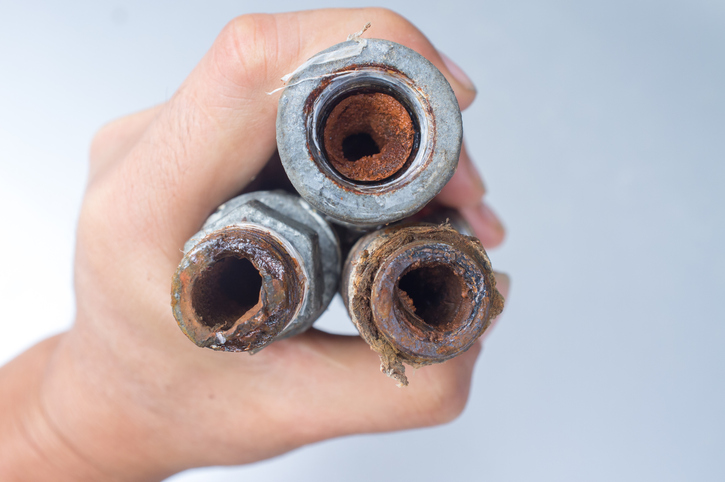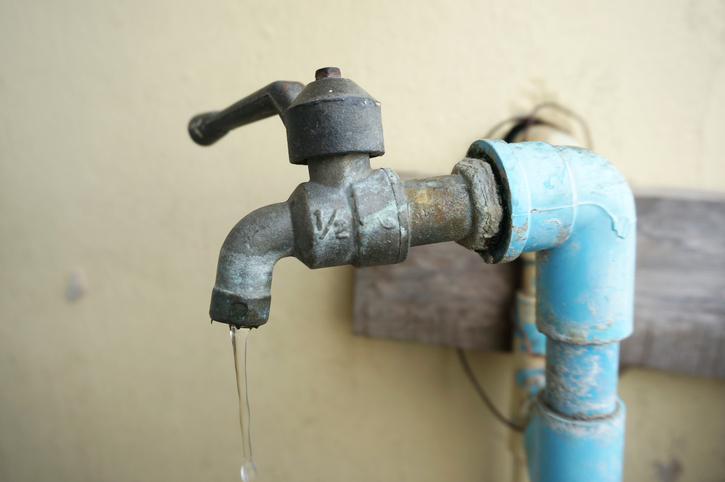On December 20, 2019 a coalition of 14 states, including both New York and New Jersey along with the District of Columbia and New York City, filed a lawsuit in the U.S. District Court for the Southern District of New York against the U.S. Environment Protection Agency (EPA) and Army Corps of Engineers, challenging the new rule that redefines the term “waters of the United States” (WOTUS) under the Clean Water Act (CWA), which went into effect on December 23, 2019. The new lawsuit can be added to the list of challenges to the Trump …
Continue Reading

